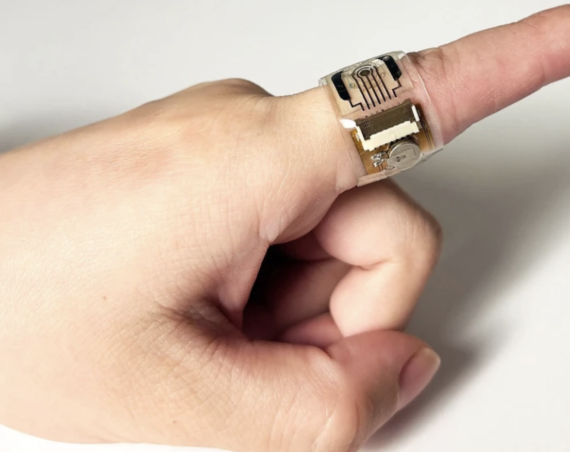
Although women make the lion’s share of healthcare decisions in the U.S., most are in the dark when it comes to their own health, according to a new survey on women’s health from MDVIP and Ipsos. A staggering 94 percent of women across all ages 20 and up failed a Women’s Health IQ Quiz, revealing their vast lack of knowledge about the health issues that affect them most, including heart disease, Alzheimer’s and menopause. The study also finds that many women’s concerns are dismissed when seeking medical care, which could explain why more than 2 in 5 women say they have delayed seeing a doctor until their symptoms became urgent (44 percent).
In addition, the survey shows that the COVID-19 crisis has been especially trying on women’s physical and mental health. Over 2 in 5 admit they’ve developed unhealthy habits (44 percent), and over half say they have felt more stressed, anxious or depressed during the pandemic (53 percent). But there is a silver lining: Nearly 6 in 10 women say they are more resilient as a result of the pandemic, and the same number are motivated to take steps to improve their health (58 percent).
“Women experience disease differently than men, from their symptoms to the way they respond to medication. Yet, our study underscores a pervasive knowledge gap that hinders many women from seeking and receiving the proper care they need,” said Dr. Andrea Klemes, Chief Medical Officer of MDVIP. “One reason is the lack of available data on women, as they’ve historically been underrepresented in clinical research. There has been some progress in narrowing this gap, but our findings reinforce a critical need for more and better data on the role gender plays in health that will enable both providers and patients to address the unique concerns of women across their lifespans.”
Among the findings of the MDVIP Women’s Health Survey emerged three key themes:
1. Women Are Largely Uninformed About Their Health
Most women don’t know the facts about the greatest health risks they face, and many aren’t engaging with their doctors to help identify and mitigate their own risk for disease.
- 9 in 10 don’t know heart disease is the leading cause of death in women (91 percent).
- 8 in 10 don’t know the Pap test only screens for cancer of the cervix (81 percent).
- 7 in 10 don’t know drinking alcohol increases breast cancer risk (69 percent).
- 6 in 10 have never had a mental health screening (59 percent), and most have never discussed depression (64 percent) or stress/anxiety (52 percent) with their doctor.
- 8 in 10 have never been screened for inflammatory markers (78 percent), which can identify risk or presence of heart disease.
2. Many Women, Especially Millennials and Gen Z, Receive Inadequate Treatment
Although 9 in 10 women rank primary care physicians as an important resource in their health (89 percent), many women – especially those ages 20 to 34 – say they aren’t getting adequate time or attention from their doctor.
- 47 percent of women say scheduling an appointment is a chore; jumps to 62 percent among women 20-34.
- 44 percent have put off seeing a doctor until their symptoms were urgent; jumps to 61 percent among women 20-34.
- 31 percent say their concerns weren’t taken seriously; jumps to 45 percent among women 20-34.
- 31 percent have felt rushed and couldn’t ask all their questions; jumps to 47 percent among women 20-34.
- 28 percent say they had a condition that wasn’t properly addressed or diagnosed; jumps to 35 percent among women 20-34.
3. COVID-19 Impacting Women’s Physical and Emotional Health
Nearly 7 in 10 women are concerned about COVID-19 (69 percent) – ahead of cancer (60 percent) and heart disease (55 percent) – while many report the year-long pandemic is wreaking further havoc on their physical and emotional health.
- 53 percent have felt more stressed, anxious or depressed during the pandemic.
- 41 percent say there’ve been times when they felt like they were going to break down.
- 44 percent say they’ve developed unhealthy habits, such as overeating and drinking.
- 28 percent have delayed seeking medical care due to the pandemic.
“Women are the cornerstone of a family’s health, often acting as caregivers to their partners, children and aging parents. But women also need to be proactive and primary advocates for their own health,” added Dr. Klemes. “Women should feel empowered to talk to their doctor about their numbers, their personal risk factors for disease and ways to reduce them. If they feel their concerns are being dismissed, they should speak up or seek a physician who will take the time to listen, provide support and work collaboratively on finding solutions.”



